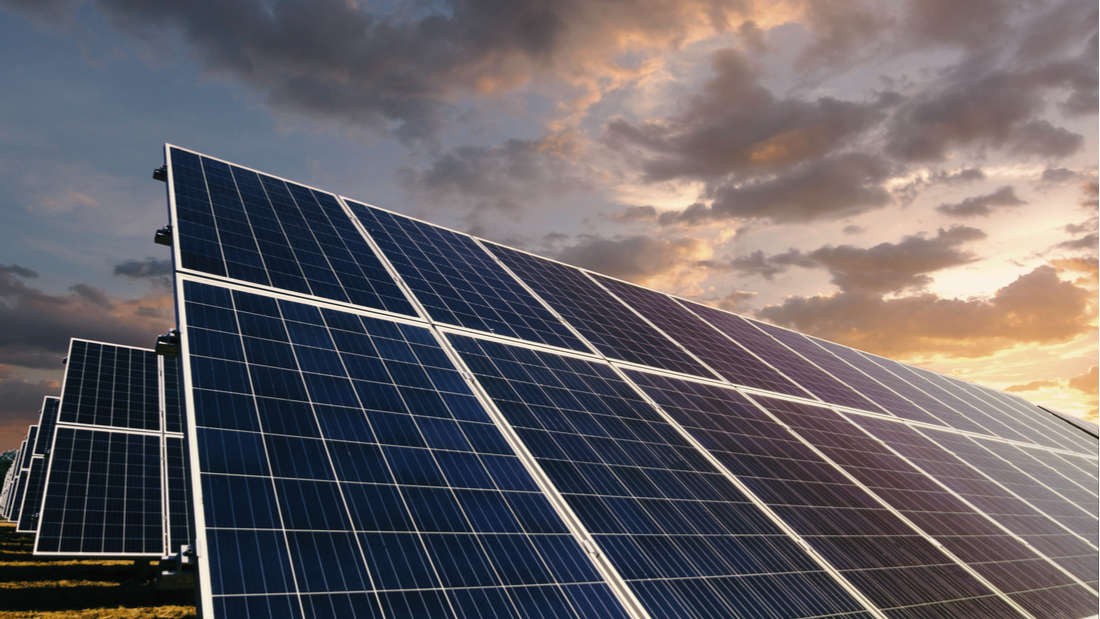This is an amazing step up from the current technology. If it is optimized, it will become an energy revolution.
Solar panels can be said to be one of the great inventions of modern man. It helps them harness energy from an unlimited source, and especially clean, without harming the environment.
However, the only problem with this type of ultra-clean invention is that it needs the Sun to function. In dusky days, they are often ineffective, leading to high application rates.
But this story is about to end, thanks to the new invention by experts from the University of British Columbia (Canada). Recently, they have created a new type of solar cell, which can operate even in the dim light of rainy days.
And its secret lies in the nature: this is the battery of the sun made of bacteria.
In fact, making solar panels from living things is extremely difficult. Scientists have tried to copy the photosynthetic ability of plants, and then put them into living organisms. However, this process is very expensive, complex, and easy to hurt the cells themselves, so the efficiency is not high.

To avoid this reality, a team of experts from Canada has tried a different approach. They use modified E. coli to possess more lycopene (orange-red molecules for tomatoes).
Lycopene is a natural dye, and is particularly excellent in its ability to absorb sunlight. Even in dark weather conditions, this color allows the energy to be absorbed with extremely high efficiency.
Vikramaditya Yadav, the study's author, said that they had coated E. coli on solar panels, and used it as a semiconductor. Tests showed that the energy density would fall to about 0.686 mA per square centimeter - twice as high as conventional panels.

"We recorded very dense energy in this new battery," said Yadav.
"This material produces a form of energy that is sustainable and economically viable. Just a few optimization steps, we will have a revolution in solar energy."
According to Yadav, this method is not only more efficient but also less expensive, at only 1/10. Still, it still takes more time to complete, because the bacteria have a relatively low life expectancy. If they find a way to keep them alive longer, it will be a real revolution.
The study was published in the journal Small.
Link to: IFL Science
Add: 46/10/23 Nguyen Cuu Van, Ward 17, Binh Thanh District
Tel: 028.22.179.235 - 0963.068.784 - Fax: 208.3898.3729
Email: snt-info@snt-electric.com.vn - Website: www.snt-electric.com
Hotline